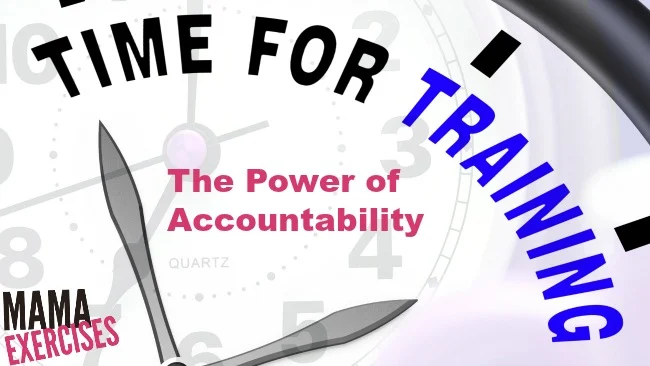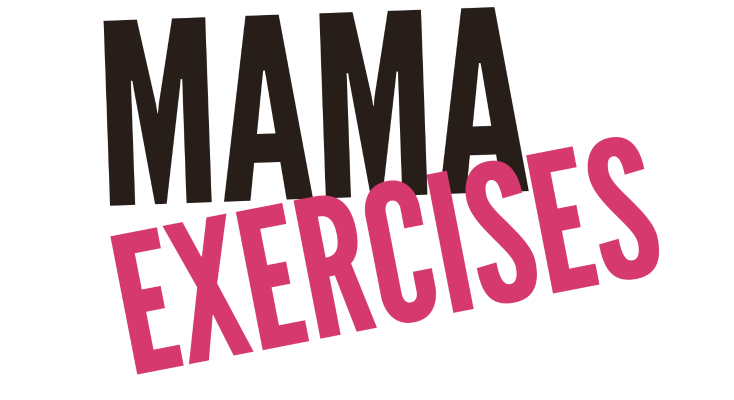
Intrinsic motivation can be a tricky thing – especially when it comes to exercise. We know we should do it, but it’s often a lot easier not to do it in favor of other things. Getting to the point where we’re intrinsically motivated to get up off the sofa or out of bed in the wee hours of the morning and get moving isn’t easy. And that’s why, for many people who are starting out or stuck in a fitness rut, accountability can be key.
The Power of Accountability
I teach an online high school fitness class and I always ask my students what drew them to the class, why did they enroll. The number one answer – always – is for the accountability. They wanted to know that there was someone else who was going to be checking in on them, asking them how it was going, and meeting with them to see how things were progressing. They had discovered over the course of their fitness attempts that they had a hard time motivating themselves to get moving even though they knew that’s what they should be doing.
Whether you’re 16 or 65, accountability plays the same role. It’s the external motivator that is often needed and craved to help develop that intrinsic motivation. Knowing that someone else will be checking your progress often makes you work a bit harder and be a bit more consistent with your efforts than if you’re the only one you’re reporting to. It’s a lot easier to make excuses to yourself than it is to make excuses to another person.
That’s why accountability and motivation groups are so popular. They provide a community of like minded people who are working toward a common goal. They’re the people who will applaud your success and encourage you to keep going. Whether you’re part of a group associated with a specific program or a motivation group in general, there are benefits to joining.
Participation is Key
While there are plenty of opportunities to receive that accountability, if you don’t participate at all, even the most amazing trainer or group is not going to help. There’s a certain level of personal responsibility needed to take advantage of having a support system. As I have told many clients, you can’t stop participating and communicating and still expect the accountability portion to be there. You have to be even more invested in your success than those who you want to have hold you responsible. There are plenty of people who will help you and keep you accountable, but you have to get in the game.
You’ll find that after being accountable for awhile that you don’t need as much extrinsic motivation. You won’t need the thought of your accountability partner questioning why you didn’t work out to get you up in the morning. You’ll just get up and go get it done, because you want to do it and you know it’s good for you.
If you fall off the self-discipline wagon though, you can always get back on an accountability program or become more active again in your accountability group. The key is to understand that you will be able to self-motivate and exercise on your own – without the prodding of an accountability partner – once you develop that intrinsic motivation. Don’t give up on yourself! And, if you need accountability, seek it out!
